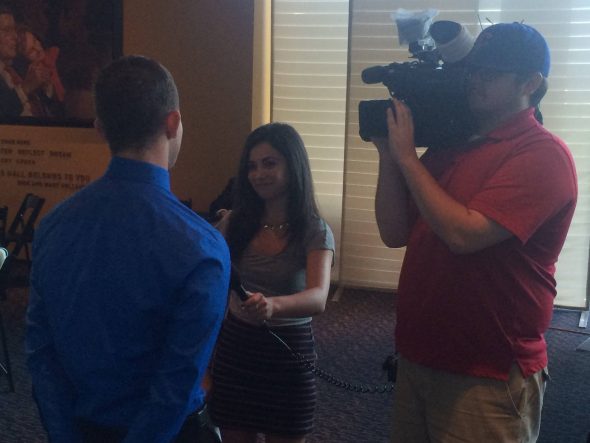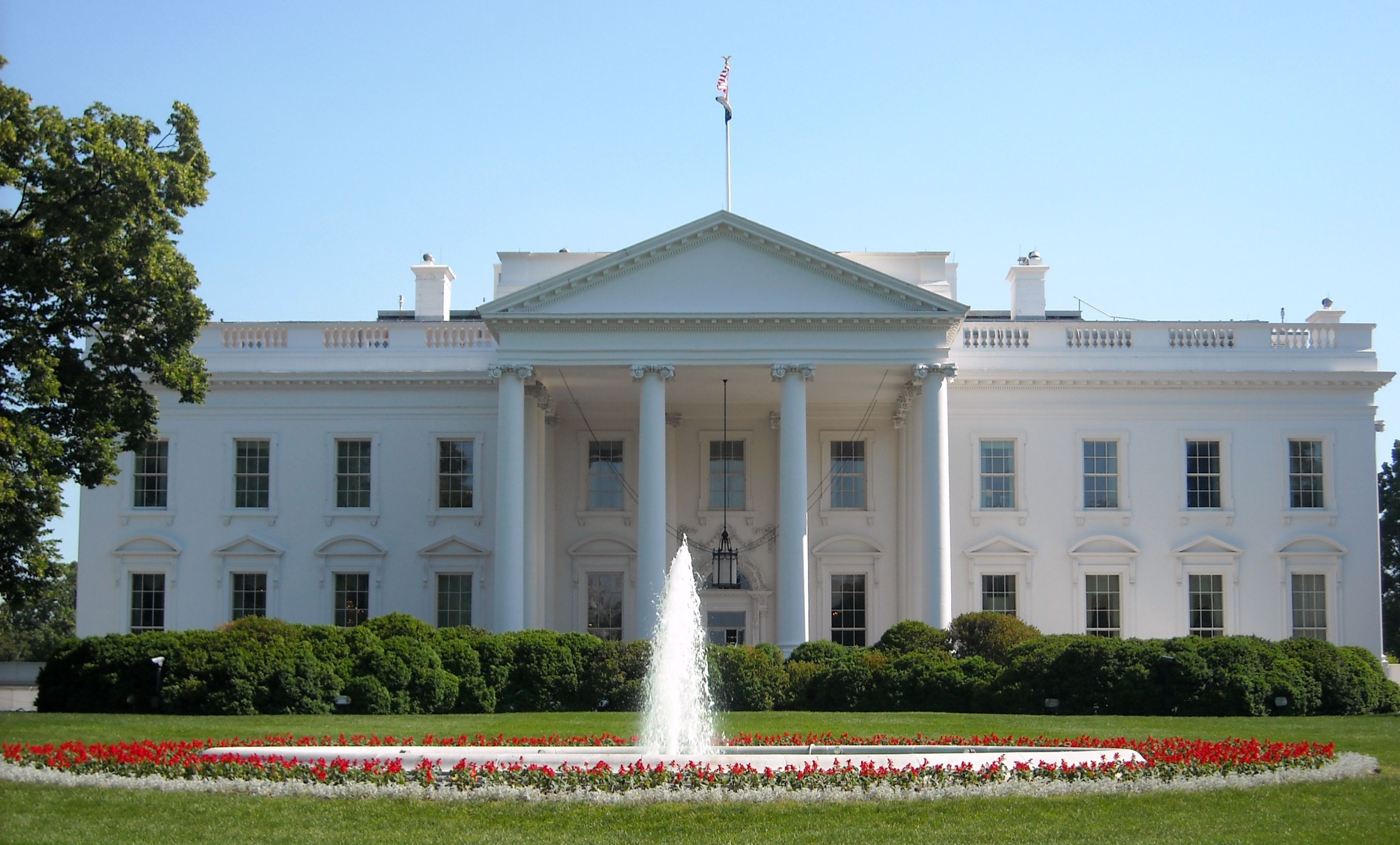
Although the journalism field has multiple codes of ethics, of course, real life always complicates things.
I was first introduced to the SPJ Code of Ethics in my first journalism course at Cronkite, JMC 110.
It seems pretty straight forward: Heck, it is just one page! How much easier can it get?
The SPJ Code does a great job of laying down the basics of decision making for journalists. But, questions still remain. I actually believe the “grey areas” are good. These areas force journalists to be actionable and think for themselves as well. We must build up a good “moral compass” that will guide us along with general ethics.
One of the most important relationships to a journalist is that with their sources. I believe every journalist has a particular way they deal with sources, but I will be laying out a general “ethical code” for my own interactions.

I believe sources should feel like I care about what they are telling me. Whether it is simply a PIO from a police station giving me updates on a car wreck, or a young man telling me about the horrors of Al Shabaab. Connecting back to SPJ, I promise to always show compassion.
I will choose my sources carefully. What motives do they have? Will my outright compassion and respect allow them to trust me? What can I do to make them more comfortable telling me their real story? If I want to “boldly tell the story of diversity and magnitude of the human experience,” I must be able to attract and keep sources based on my trustworthiness.
The ultimate goal is to receive respect back from each source, to get new details each time. I hope they will understand my vigilance for the facts as relationships grow. I may question them, but it does not come from disrespect, only from my desire to report fairly.
If most sources feel my report did them and their side justice, they will not fear coming back to me. They will encourage others to tell me their stories. This will help me give voices to the voiceless, especially with my goal of reporting international news.
I promise to do all in my power to build strong, respectful relationships with sources. If we interact civilly, then overtime my reports will “encourage a civil dialogue with the public” just as SPJ states.
Simply said, I better treat my sources the way I want to be treated. Isn’t that the best lesson of them all?

